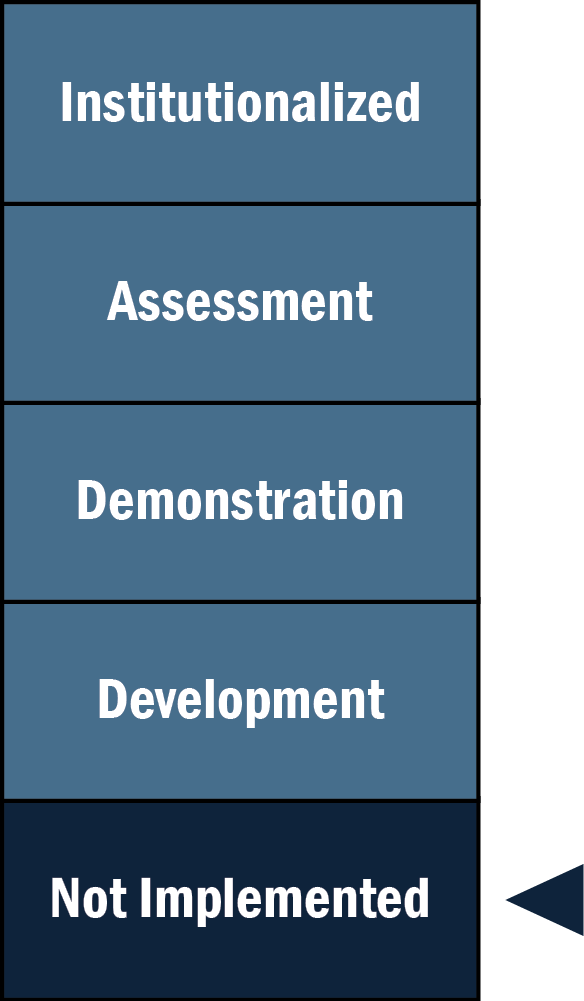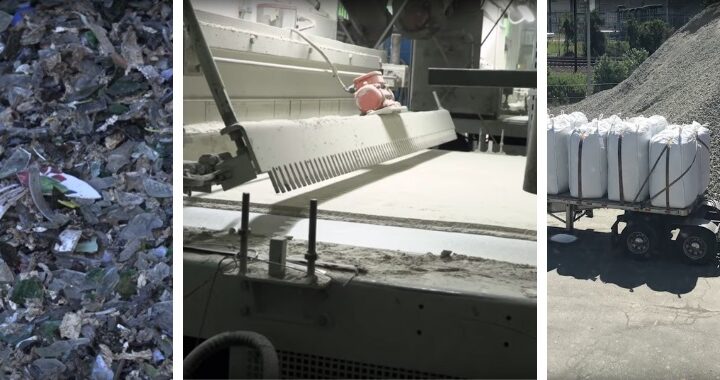What is Environmental Product Declaration (EPD) for Sustainable Project Delivery?
An EPD is an environmental reporting tool that can demystify the environmental impacts of construction materials. As State departments of transportation (DOTs) become increasingly conscious of infrastructure’s environmental burdens and seek more sustainable strategies, they are looking for measures that accurately reflect the environmental impacts of each alternative. EPDs communicate the greenhouse gas (GHG) emissions of construction materials in a transparent and standardized manner. They provide an opportunity to reduce negative environmental impacts by transforming the project delivery process.
The manufacture, transportation, and production of construction materials such as aggregate, asphalt, cement, asphalt mixtures, concrete mixtures, and steel reinforcement generates environmental impacts. An EPD is a transparent, third party verified report used to communicate those impacts from resource use, energy, and emissions. Type III EPDs are product labels developed in accordance with the International Organization for Standardization (ISO) Standard 14025 (ISO 2006). These EPDs are developed using life-cycle assessment (LCA) methodology, follow the industry consensus, and undergo third-party verification before being published. Agencies can leverage the use of EPDs to support decision-making throughout the project delivery process. Agencies can request EPDs at material installation to establish and develop benchmarks for current designs, and projects. This tool will help agencies reduce GHG emissions in their construction projects.
BENEFITS
Sustainable Procurement. EPDs encourage the demand and supply of products that promote the more sustainable use of resources and create less stress on the environment.
Sustainable Design. EPDs provide critical information for use in conceptual- and project-level full LCAs or other types of environmental assessment of alternative design decisions. EPDs allow for meaningful information of environmental performance for construction materials.
Sustainable Asset Management. EPD data can be included in databases used in asset management systems to perform network-level LCAs and identify areas for environmental performance improvement.
Learn more about this EDC-7 Innovation.
EPDs for Sustainable Project Delivery in New Jersey
Stage of Innovation:
NOT IMPLEMENTED
(November 2024)
NJDOT is working on an effort to create an EPD to produce Bottom Rich Base Course (BRBC) Mix asphalt through the Climate Challenge Project 1. To do this, they need information about the materials and energy consumption in the plant for producing one ton of BRBC.
NJDOT has reached out to New Jersey Asphalt Paving Association (NJAPA) to obtain a list of asphalt plants in New Jersey that are producing the BRBC mixture.
What’s Next?
NJDOT has identified a champion and formed a team from members of NJDOT's Asphalt/Concrete units. Steps will be taken to advance this initiative to the development stage, including coordination with FHWA for classes, webinars, peer exchanges, facilitated discussions, and examples from other states to educate NJDOT Staff on EPDs.
Internal NJDOT activities include: exploring the potential of adding EPDs to NJDOT specifications or adding a clause requiring proof that no EPD exists; launching pilot projects; tracking and implementing EPDs, collecting data, and building databases; reviewing pilot projects and sharing results; and adopting the National Asphalt Paving Association (NAPA) Tool to find and develop EPDs.
EPDs FOR SUSTAINABLE PROJECT DELIVERY: NEW AND NOTEWORTHY




